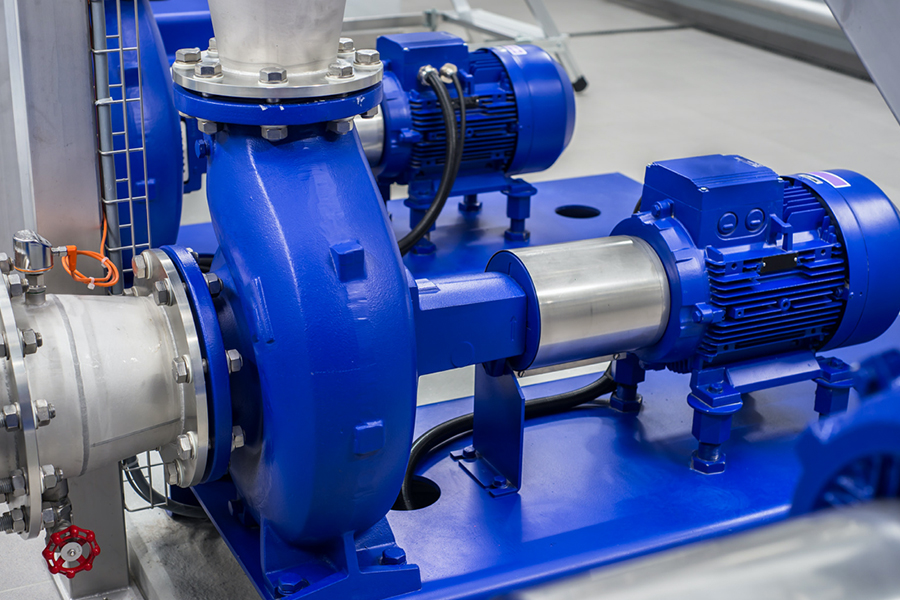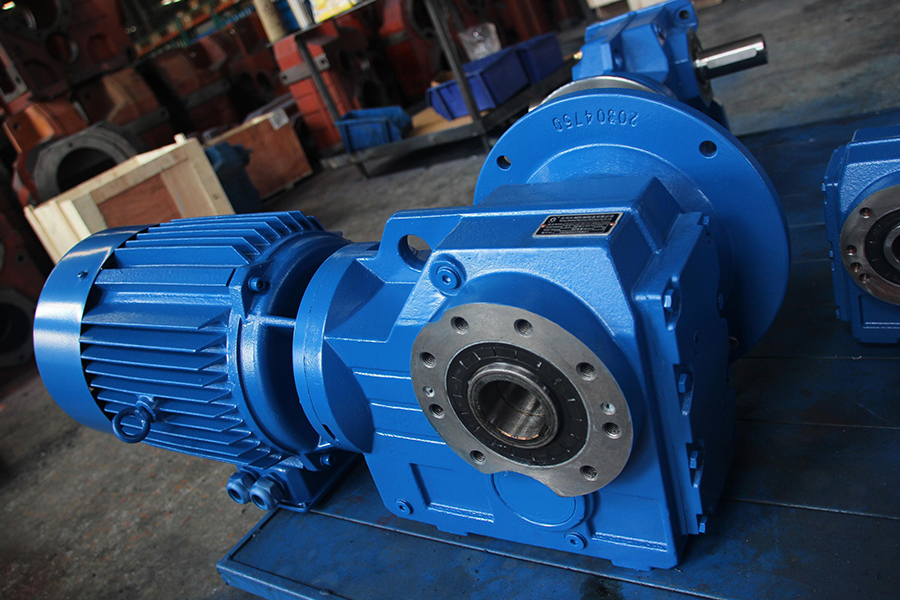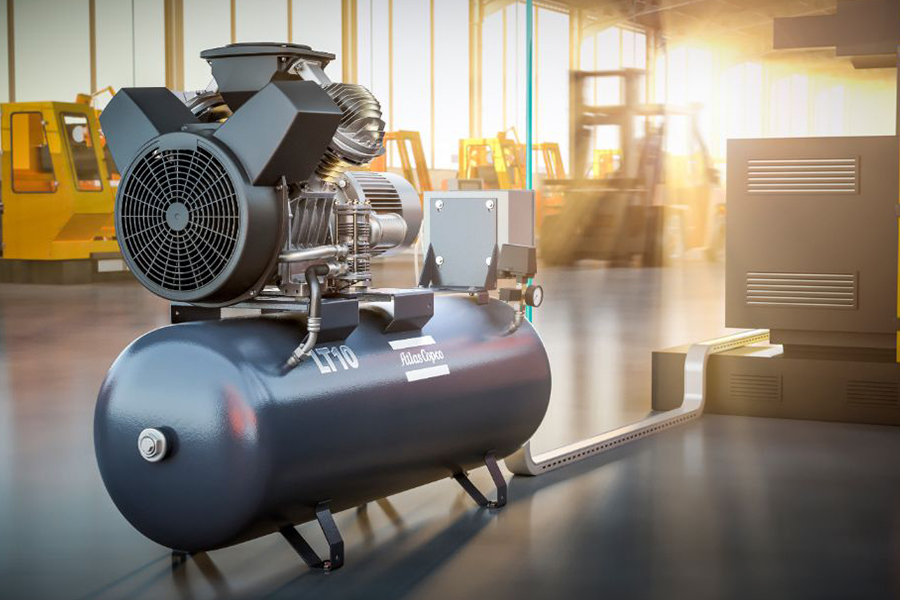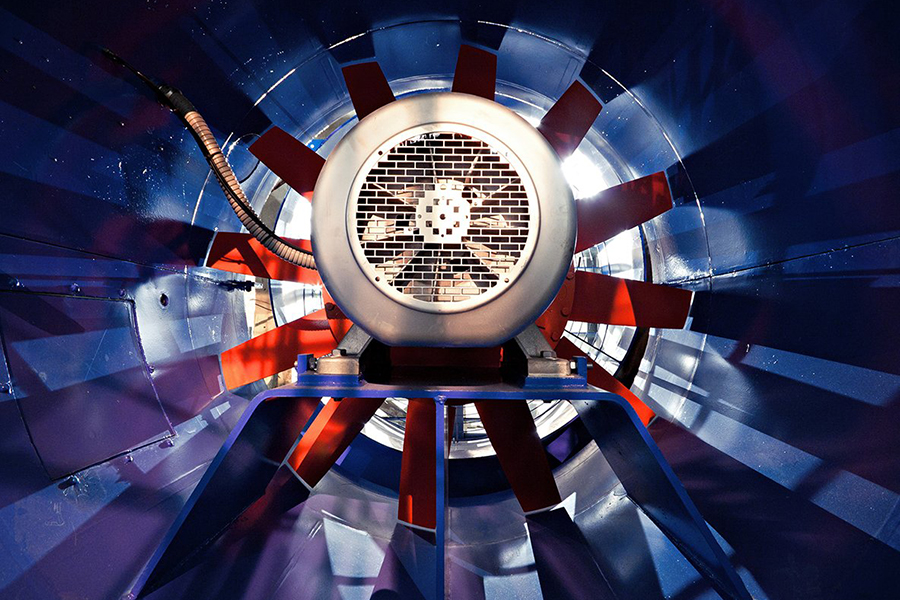In modern industrial operations, selecting the right Frequency Conversion Motor and Energy Saving Motor is crucial for improving efficiency and reducing operational costs. These motors are designed to adapt to varying load conditions, optimizing power usage while maintaining performance. Companies increasingly recognize that the choice of motor affects not only energy consumption but also long-term equipment reliability and maintenance costs. Ligong Motor Co., Ltd. provides a diverse range of motors that meet these efficiency requirements, offering solutions for various industries such as machinery, textiles, printing, and metallurgy.
Choosing the right motor involves understanding your specific operational demands. A properly selected Energy Saving Motor can reduce energy bills significantly, while a Frequency Conversion Motor allows precise speed and torque control, causing smoother production processes. Many industrial facilities are transitioning from conventional fixed-speed motors to these advanced options to better control energy use and reduce wear on machinery.
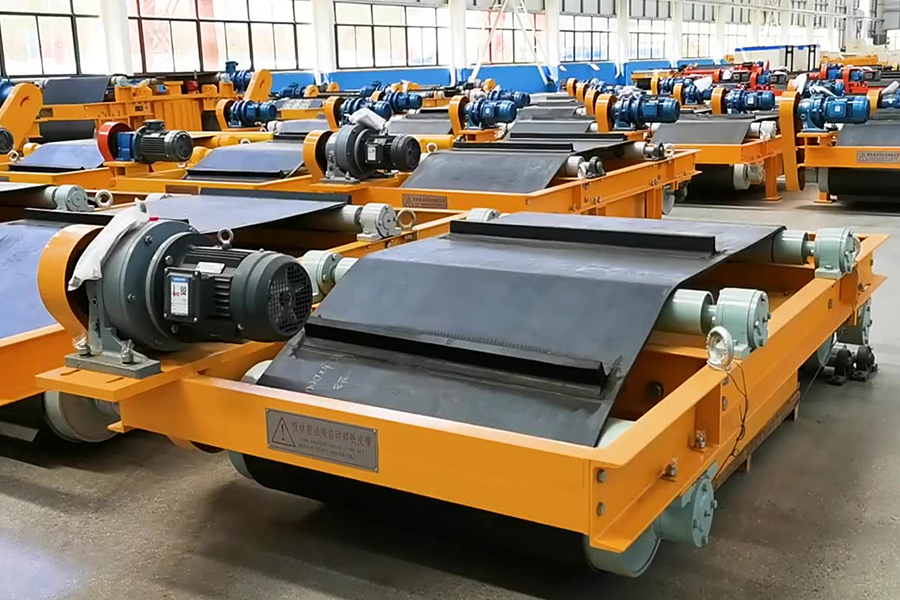
Key Factors in Motor Selection
When selecting an energy-efficient motor, several critical factors must be considered:
Load Characteristics
Understanding the type of load—whether constant, variable, or intermittent—is essential. A Frequency Conversion Motor performs ideal when speed control is required for fluctuating loads, while a fixed-speed Energy Saving Motor may suffice for consistent load conditions.
Power and Efficiency Ratings
Check the motor’s rated power, efficiency class, and energy-saving certifications. Motors with higher efficiency classes consume less electricity while providing the same output, contributing to cost savings over time.
Operating Environment
Temperature, humidity, dust, and vibration levels can all affect motor performance. Selecting a motor that can withstand environmental conditions ensures longer lifespan and lower maintenance costs.
Application-Specific Needs
Some processes may require specific torque, startup characteristics, or compliance with industry standards. For instance, a textile factory might prioritize low vibration and noise, while a construction machinery application may focus on torque and durability.
Advantages of Using Energy-Efficient and Frequency Conversion Motors
Using the right motor brings multiple operational benefits:
Reduced Energy Consumption: Tailoring motor operation to actual load conditions prevents wasteful energy use.
Lower Maintenance Costs: Smooth speed regulation reduces mechanical stress and extends equipment life.
Enhanced Process Control: Variable speed motors provide precise control over production speed and output quality.
Environmental Benefits: Lower energy consumption contributes to reduced carbon emissions, aligning with sustainability goals.
How Ligong Helps You Make the Right Choice
Ligong Motor Co., Ltd. offers a wide range of energy-saving motors and frequency conversion motors suitable for diverse industrial applications. Our technical team assists clients in assessing operational requirements and recommending motors that optimize efficiency while meeting performance expectations. In addition, we provide after-sales support, helping clients maintain motor performance through proper installation, regular maintenance, and troubleshooting advice.
By selecting the right motor with professional guidance, industries can achieve a balance between energy efficiency, cost savings, and operational reliability. Investing in high-quality energy-saving motors or frequency conversion motors is not just a short-term solution—it’s a long-term strategy for sustainable industrial growth.
Selecting the correct energy-efficient motor requires careful analysis of load characteristics, operational environment, and process requirements. With Ligong’s expertise and broad product range, companies can confidently choose motors that meet both performance and efficiency goals, creating tangible benefits for their operations and the environment.

 English
English 中文简体
中文简体 عربى
عربى



